Receiving NC State’s Park Scholarship and UNC’s Park Fellowship is a rare distinction achieved by both Kelly Marks ’00 and Jada Hester ’20.
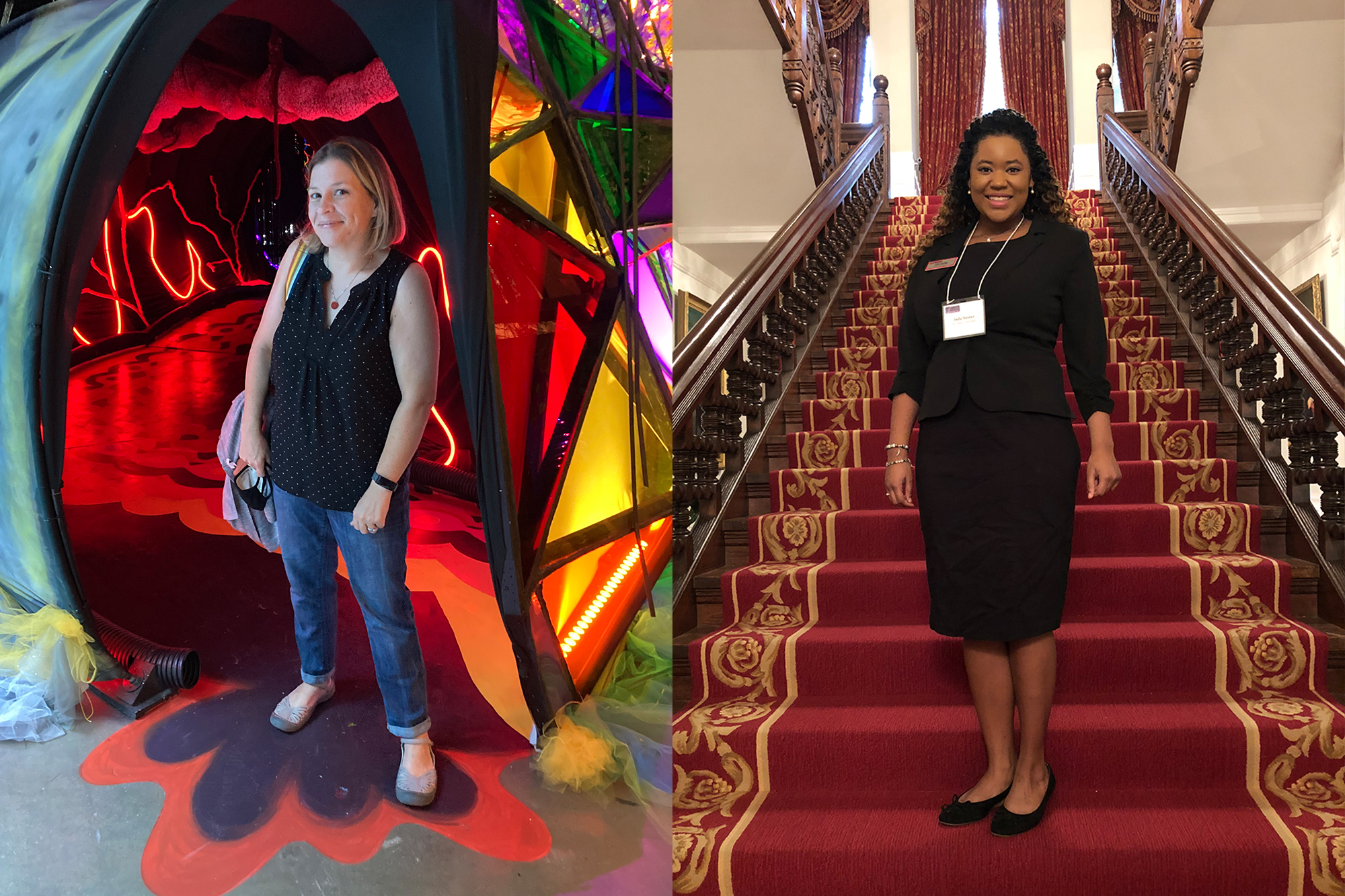
Kelly Marks ’00 and Jada Hester ’20 are recipients of two prestigious scholarship programs named in honor of NC State alumnus Roy H. Park ’31: NC State’s undergraduate Park Scholarships program and UNC’s Park Fellowships program.
The Park Scholarships program brings exceptional students to NC State and prepares them to make lifelong contributions to their community. Support for Park Scholars includes a generous scholarship covering eight semesters of tuition, fees, a stipend, professional and personal enrichment grants, and more. Similarly, the Roy H. Park Fellowships program provides a stipend, tuition scholarship, health insurance, and funding for research and travel to talented master’s and doctoral students at the UNC Hussman School of Journalism and Media. The Park Scholarships program caught up with these impressive alumnae to ask how their experiences in each program have shaped their lives.
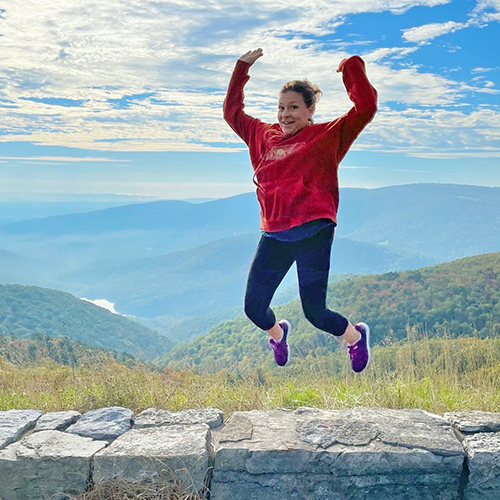
Marks is an alumna of the inaugural class of Park Scholars. After graduating from NC State as a DaVinci Scholar with degrees from the College of Design and the College of Humanities and Social Sciences in 2001, she worked as a designer, copywriter, and storytelling instructor before earning a master’s in journalism and mass communication as a Park Fellow at the UNC Hussman School of Journalism and Media in 2008. Following graduation, Marks explored radio production, web design, and marketing, before finding a home in museums. Since 2010, she has worked as an exhibit developer at the Museum of Life and Science in Durham, NC.
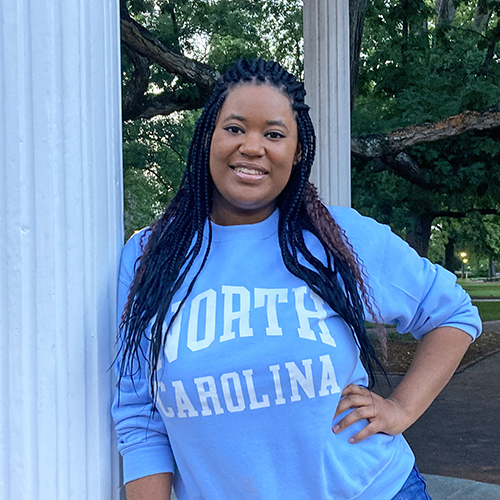
Hester earned dual degrees from Poole College of Management and the College of Humanities and Social Sciences in the Alexander Hamilton Scholars Program. As an undergraduate, she interned at GoGlobalNC, Spectrum News, and was a trailblazer as the first CNN intern to work on two shows simultaneously, The Van Jones Show and The Axe Files. After graduating from NC State, she enrolled in the master’s in communication program at UNC as a Park Fellow. During her time as a graduate student, Hester was the inaugural summer associate for Southern Living magazine, a social media intern for Heart of NC Weddings magazine, and the research assistant for The Double Shift podcast. After graduating, Hester plans to take an untraditional path in media by focusing on culture and travel writing, as well as entertainment production. She intends to eventually return to academia to earn her Ph.D. in African American Studies.
What influenced your decision to pursue a career in communications? How did your undergraduate experience at NC State help you hone your interest and prepare you for this profession?
Jada Hester: When I was a junior at State, I was in a year-long research fellowship. I eventually presented to the United Nations at the Commission on the Status of Women. I was surprised to find that I was more interested in the stories of the women at the conference than the policies being presented. That was my spark. From there, I worked at NC State to get as many internships as I could to find my specific interests in the field.
Kelly Marks: When I came to NC State, I was pretty confident in my choice of study. Being an “art kid,” graphic design seemed like a natural career path. It was the early days of Adobe software and computer-aided design, and a lot of my creative endeavors then were about seeing what filters could do and how many fonts I could try. In retrospect, it was kind of horrid. But as I got deeper in my practice, I really fell in love with how effective good design can be and what it takes to communicate ideas clearly. And the skills I learned in design school transfer into so many other areas beyond just graphics, like writing and editing or how I approach problem-solving.
What were some of the highlights of your experience as a student at NC State and as a Park Scholar? How has your experience as a Park Scholar shaped your life today?
KM: For me, the Park Scholarships program exposed me to ideas and opportunities I might not have pursued otherwise. It could have been very easy to have been sucked into studio life and never left Brooks Hall, but the Park Scholars were such a diverse, interesting, and passionate group of people—there was so much to learn from so many different perspectives and interests. The program itself—classes, learning labs, grants—allowed me to try new experiences and made me a better public speaker, planner, and organizer, but the other Park Scholars really made my college experience special. It’s amazing to see where everyone has ended up.
JH: The Park Scholarships program is known for its courses, mentorship, Learning Labs, retreats, civic engagement, and much more. I really enjoyed traveling during my time at NC State, both as a Park (with the retreats and Learning Labs) and on my own as I studied abroad twice. My experience as a Park has shaped my personal life significantly—some of the people in the program have become my closest friends.
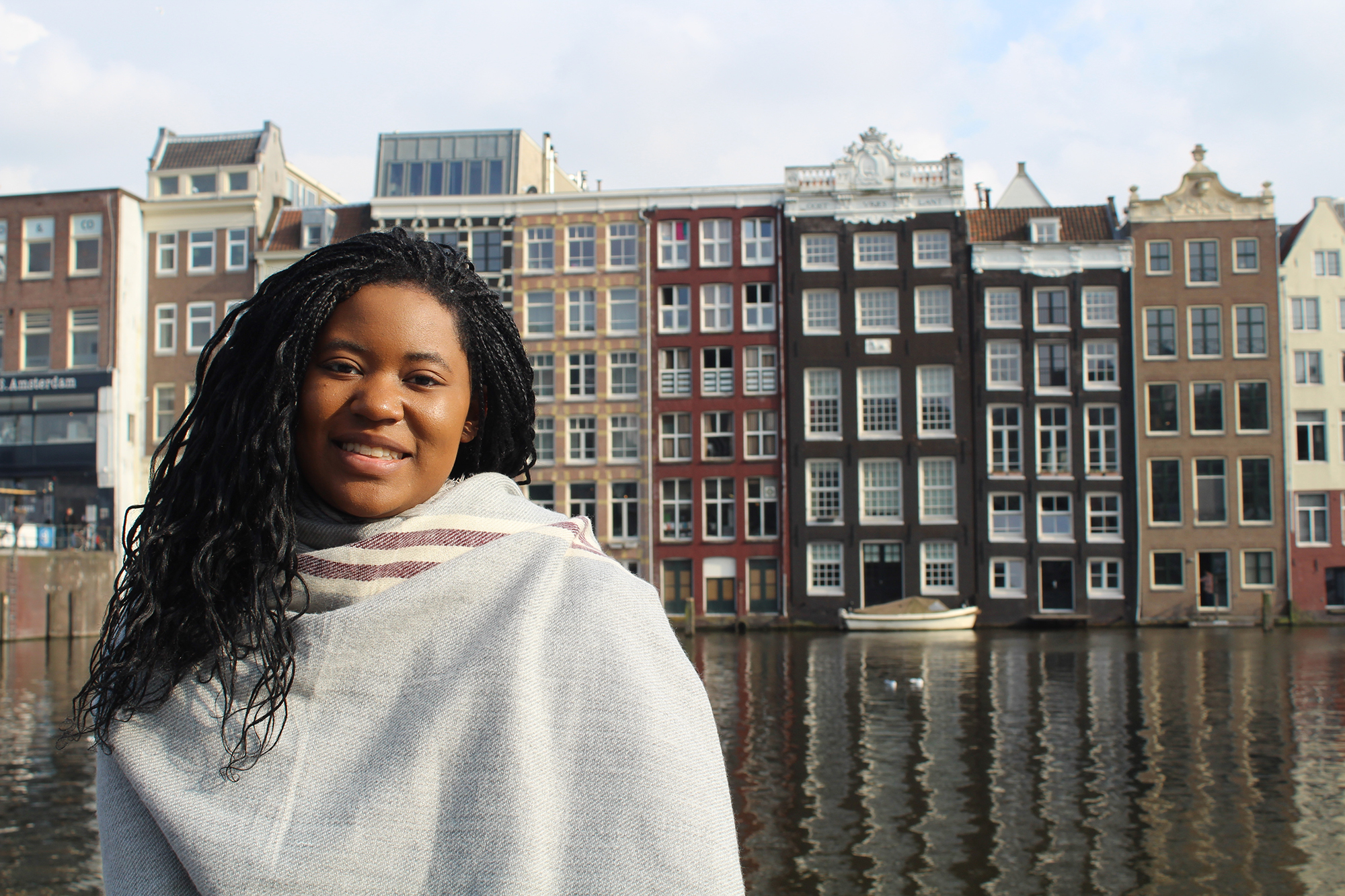
What steered you toward the UNC’s Park Fellows program?
JH: I’ve always been a storyteller. Towards the end of my undergraduate experience, I knew that I wanted to pivot to pursue a career in storytelling. As I didn’t have many tangible skills relating to journalism, I decided that a degree would be beneficial to me professionally. I applied to several programs, however as a North Carolina native, UNC has always been close to my heart. The Park Fellowship also embodied a lot of the same core values that drew me to the Park Scholarships program.
KM: After working as a graphic designer, I realized what I enjoyed most was using design to tell stories. I started working with a Berkeley-based nonprofit, the Center for Digital Storytelling, as an instructor teaching workshop participants how to use technology to share their personal stories. I took a Multimedia Bootcamp with UNC’s Journalism School around that time, and the master’s program seemed like a natural way to further develop those communication skills. The Park Fellowship offered the opportunity to work under some of the school’s incredible faculty on real projects, within a cohort of interesting people, with the added bonus of funding.

How have your experiences as a Park Scholar and a Park Fellow prepared you for life after graduation?
KM: I think the Park Scholarships program helped me figure out a little about who I was at the time, and more about who I wanted to be. Whether it came from a leadership seminar or a late-night conversation with other Park Scholars, I learned a lot about what was important to me and what my strengths (and weaknesses!) were. The Park Scholarships program has a broad purpose—helping Park Scholars come into their full selves. Its focus on service and leadership helps equip students with the tools to develop their individual interests, regardless of what those are. For me, it was also a community. I was and still am inspired by a lot of my peers. The Park Fellowship helped me hone a skill set that I use in my working life every day (even if it’s not exactly how I expected to use it).
JH: The Park Scholarships program taught me about working with different people from different backgrounds. I also learned a lot about standing up for underrepresented populations, dealing with adversity, and active problem-solving. The Park Fellowship program has taught me about time management and multitasking.
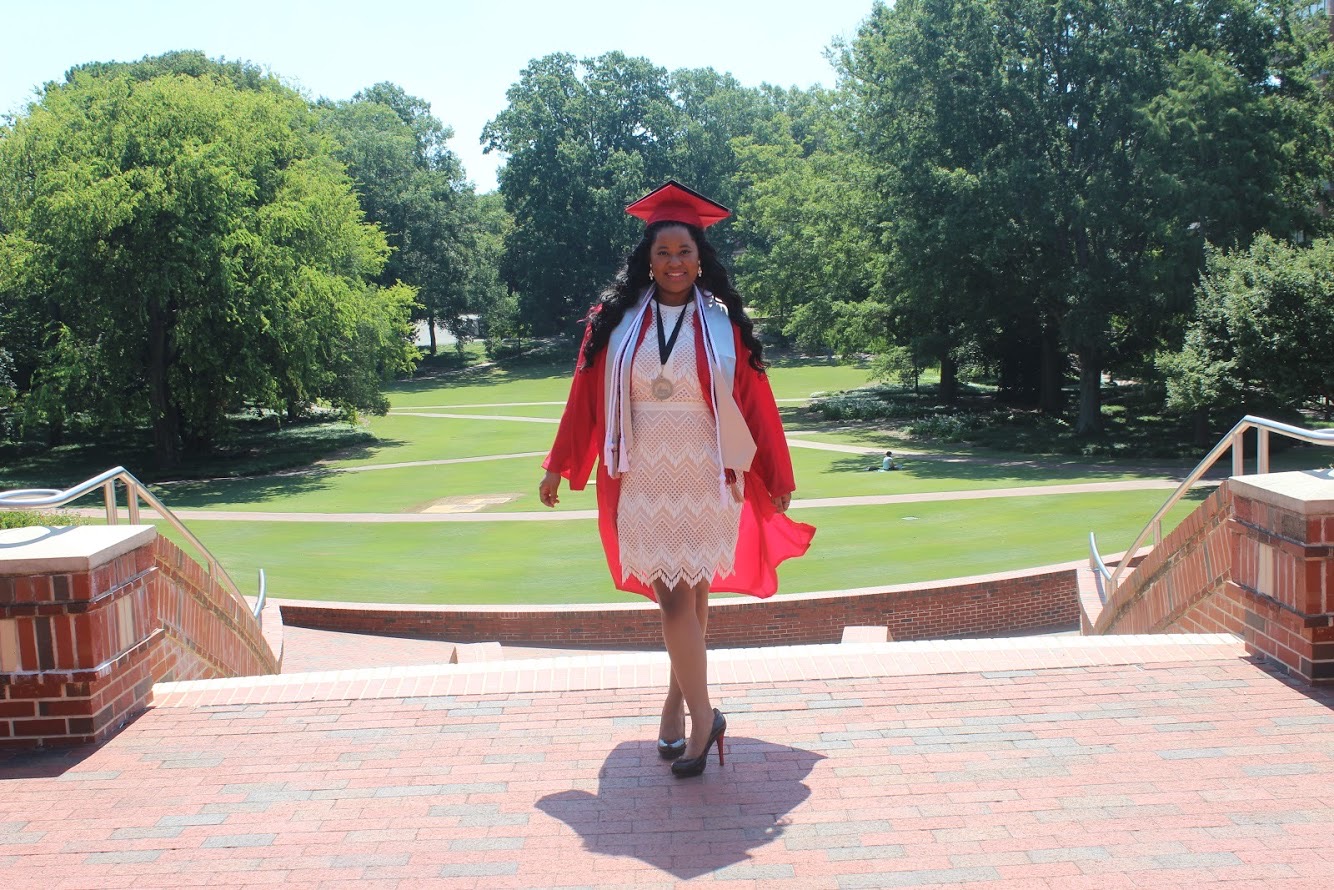
What advice would you offer to Park Scholars as they navigate their college years?
JH: Search for balance. Go after your extracurriculars, volunteers, outstanding grades, just like you did in high school, but don’t be afraid to enjoy college too. Spend time with your friends. Go out. Try new activities. Find out who you want to be and the mark you want to leave on the world. And above all remember to take care of yourself! Your grades don’t have to be perfect for you to be an excellent student—your health (physical and mental) should always come first.
KM: It’s okay to be completely wrong. It’s okay to think you know what you want to do and decide that you hate it. Because even when you don’t like it, you’re learning. It can feel like wasted time, but it’s really just new information. It took me a long time to figure out what path worked for me and how to take all my disparate interests and weave them into a profession. I’m still learning this! Be kind to yourself.